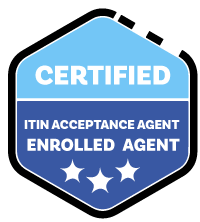IRS Issues Warning About Hurricane Relief Charity Scams
Natural disasters like Hurricanes Helene and Milton bring out generosity, but also scammers attempting to steal donations and personal information. The IRS warns taxpayers to verify charities before donating. If contacted via phone, text, or email by someone claiming to represent a relief charity, verify the organization’s legitimacy. Request the official name, mailing address, and website, as scammers often use names similar to real charities. The IRS Tax Exempt Organization Search tool (TEOS) can verify if a charity is authorized to receive tax-deductible donations. If the organization is not in the database or refuses to answer questions, do not donate. Additionally, legitimate charities accept multiple payment forms, while scammers often request wire transfers or gift cards. TEOS tool: Search for Tax-Exempt Organizations.


